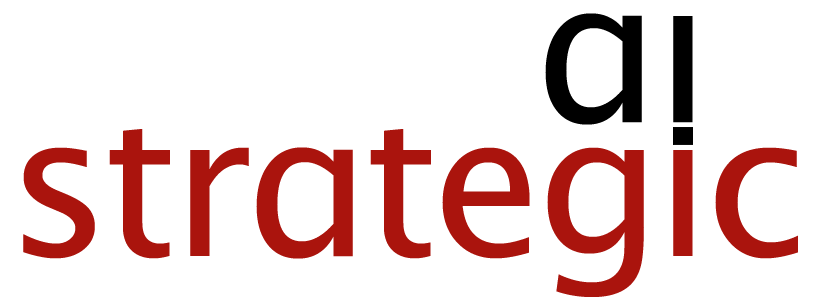The development and launch of a website is no different from the preparation and publication of a book or magazine issue. The medium is different, the goal is the same: rich content presented in a layout that enhances the experience of and engagement with the material at hand.
There are two central guiding principles I follow when planning a website for an author. The first is that content is still king, and a design should showcase the content (and not its own design bells and whistles). The second is that form follows function: decide what it is you have to offer on the web, and build a site that allows you to do this clearly and effectively.
The real work that goes into building a successful website is 90%: conception, organization, and design / 10: code and content management system (though I can tell you both are equally time- and energy-consuming). As project manager, my objective is to ensure that the overarching goal for the site remains in focus, while managing each of the elements necessary in its development:
*Building and maintaining a detailed site hierarchy
-While a site hierarchy/map can include technical elements and coding for programmers, in its basic form for our purposes is a document that lists each page of the site, and what elements each page should contain
-It organizes the pages according to the navigation of the site
-It allows us to keep an inventory of the content and media for a site (text, video,
audio, and images)
-It is a useful tool for mapping a site’s interconnectivity
-As a master document, it will prevent us [designer, developer, author, and manager]from omitting important features and elements once we are deep into development
*Design and development consultation and strategy
-Consultation and input regarding design and programming mockups, the organization and placement of features and elements of the site
-Together we’ll work through just some of the following questions:
- *What do you want the website to be and do?
- *What do you want visitors to feel and experience? What impression do you want to make?
- *What is the central goal for the website: online business card? Promotion and publicity for you, for the book, or your business? Generate direct income? build audience for next book? Collect feedback from site visitors for next book?
- *Are you going to blog? What will be its focus and message? Do we work to get the blog syndicated?
- *Does the design balance several different visual elements well? Each book is its own entity, visually and thematically–does the site serve as an encompassing home for each of them or are they clashing?
- *Is the site forward-thinking? Does it take into account your career three months after its launch? six? one year?
- *How is the site balancing your book(s) with your brand, as an author and as an expert? Is it a dual focus or does your business have only a minimal presence? If we keep a previously existing website for your business or company, does that confuse people who are trying to find you? Do you want to handle the maintenance for two sites? Are the other partners or preexisting relationships that are comfortable with a shift to a new website?
*Content aggregation
-Assist in collecting and organizing all content for site, including: book descriptions, reviews, press, testimonials, videos, audio, images, links for bio, books, news and more
-Drafting and finalizing all new site copy
*Webmaster
– During development and until launch, I will serve as webmaster. I will upload and format all content to the site.
*Set up and initial maintenance of the following tools:
– Retailer affiliate programs for Amazon and Barnes & Noble: when enrolled in their affiliate programs, you can earn royalties on any items a user purchases if they access Amazon or B&N from your site
– Google Analytics (One of the best–and free–tools for measuring site traffic)
– Newsletter Service (I recommend Mail Chimp but Constant Contact is also very popular)
